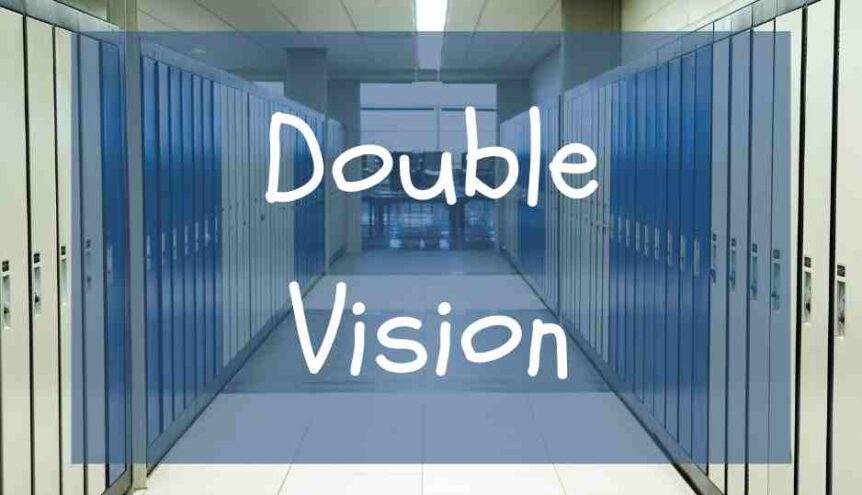The year I started high school, the television series “What Really Happened to the Class of ’65?” debuted. It was inspired by the non-fiction book of the same name and aired for only one season—fourteen episodes.
It’s strange I would remember that series all these years later or that I even watched it in the first place. I don’t remember any particular episode, but when I think back to it, I feel a sense of heaviness in my spirit. Maybe because many of the characters were affected by the Vietnam War after they left school.
All those young people who had to face the drama of real life. When we’re young, the possibilities seemed endless. We can become whatever we choose, and we think we’re invincible.
These thoughts recently led me to flip through my freshman high school yearbook. There are lots of personal notes including the generic, “Stay sweet”s with big, loopy signatures.
Sadly, I don’t remember most of those people. Even studying their pictures doesn’t jog anything. Either I’m getting old or I let anyone and everyone sign my yearbook—which wouldn’t surprise me. A desire to be popular or at the very least, liked.
Armed with the smarts you have now, would you want to go back to middle school and/or high school? I’d like to say I no longer suffer from the angst, insecurity, and introversion I did back then, but that wouldn’t be true. I still feel awkward when I walk into a room full of people I don’t know.
But dealing with childish emotions comes in handy when creating characters.
I’m finishing up the last few chapters of my newest novel Train-Wrecked Hearts. Aaron Cooper, the hero in the story, is dealing with an emotional handicap caused by a childhood trauma.
Most of us are working out some past difficulty, even if we’re in denial. It’s called baggage, and none of us gets to be adults without some.
There are two experiences from my younger days that still cause emotional triggers for me. The first was thanks to Tina Mattera. If you’ve ever seen the 1998 movie Hope Floats with Sandra Bullock and Harry Connick, Jr., you will remember little Bernice Pruitt’s nemesis—the school bully.
This very large, red-faced, unhappy girl hates Bernice on sight and does everything in her power to make her miserable. That bully was Tina Mattera before she reached middle school.
Just like Bernice, I entered a new school mid-year. I was also shy and introverted—and wore glasses. I could’ve been Bernice, except she was cuter.
For whatever reason, Tina took an instant dislike to me. She had a bunch of immature groupies who ran with her and laughed whenever Tina taunted me. Most days, I wanted to crawl into a hole and die—or just quit school—neither of which was an option.
I finally got through the 8th grade, excited to start fresh in high school. The very first day, I was walking into school, and who do you think yelled out something rude about my clothes? That’s right—Tina.
Then she just disappeared. I never saw her in school again. Maybe she got expelled (big surprise) or moved or just got lost in the mass of humanity. After all, there were hundreds of kids in my high school. Either way, she isn’t in the yearbook—I looked.
Four years later, I was working one evening at Woolworth’s. There were only a few of us on shift, and I covered half the store. We carried everything from hamsters to housewares. It was near to closing time when someone came up behind me and said, “I’m looking for nursing clogs for my ROP class. I heard you carry them.”
I turned around and looked into the face of my nightmare—Tina Mattera. She hadn’t changed much, except she didn’t appear quite so angry. Immediately, I was in 8th grade again, and every bit of confidence I’d acquired over the previous four years melted away.
“Right this way,” I told her.
As I led Tina to the back of the store on wobbly legs, I waited for it—the taunts. Instead, she said, “You look familiar. Do I know you from somewhere?”
Even though a part of me wanted to remind her of how she’d humiliated me, I pointed to the rack of shoes and replied, “I don’t think I’ve ever seen you before,” and walked away.
The second incident was with a boy. His name was Ray. I sat behind him in my freshman algebra class. He was outgoing, and I was quiet. We might’ve spoken to each other a handful of times—I don’t really remember.
The following year, I saw Ray at a school event—maybe a rally or dance. He started chatting with me as if he didn’t know who I was.
“We’ve met,” I reminded him. “I sat behind you in Nethercutt’s algebra class last year.” Over the summer, I’d gotten contacts and my short hair had grown out, so maybe he really didn’t recognize me. Or maybe I’d just been unforgettable.
“Oh, yeah,” he said. “You’re four-eyes.” Then he laughed like his joke was hysterical.
It’s not like I hadn’t heard the insult before, but here is the irony in this situation—Ray was obviously cross-eyed, and he had the nerve to call me four-eyes?
Still, when he asked if I wanted to go to a movie with him, I agreed. It wasn’t like I got asked out much—or at all, so I had low expectations. The following evening, I sat on our front porch and waited an hour for Ray to pick me up for my first date. He didn’t.
The cross-eyed boy stood up the formerly four-eyed girl.
Looking back, these uncomfortable experiences help me create real characters. The angst readers react to is what makes a story real and good. So, I want to thank Tina Mattera and Ray What’s-His-Name for the small parts they played in my growth as an author.
It’s reliving those painful memories that inspire me to write. And without conflict, a story has no power.








Comments 2
Wow, I love this! It is wonderful to see how our struggles and insecurities brings out a better version of Us. I was bullied a lot in primary school. I don’t know if I can ever forget one of my classmates, Ifianyi, who made school a living hell for me. I remember the statement he made in front of all my classmates. “What are you doing here? Stop coming to school, your parents are wasting their money sending you to school.” I don’t exactly remember but I think some of my classmates supported him. Anyway, today I only remember his first name and nothing else about him except that he was one of the unserious students. If I even saw him, I wouldn’t recognize him. But I’ll give him a hug if he allows me. Because over the years, when I think back about the time I was bullied both in primary and secondary school, I’ll be grateful to God for what it has made out of me. It has helped me to always step out in boldness. It’s even helped me with the struggles I had with my mom.
Author
It is a blessing when we can see God’s hand in our struggles. He’s more interested in our character than our comfort.